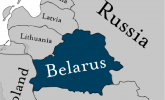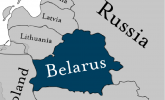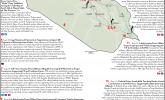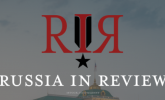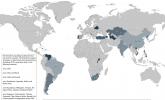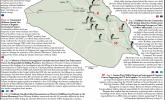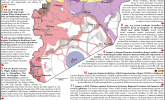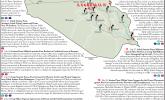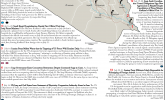Belarus Warning Update: Belarusian President Lukashenko Reaches Agreement with the Kremlin for Russian Intervention
August 15, 2020 - ISW Press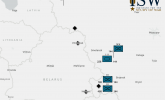
4:00 pm EDT: Belarusian President Aleksander Lukashenko and the Kremlin have reached an agreement for a potential Russian intervention to crush protests. Lukashenko stated Russia is prepared to intervene in Belarus in a meeting with the Belarusian general staff the evening of August 15: Lukashenko stated "we have an agreement with the Russian Federation in the framework of the Union State and the CSTO (Collective Security Treaty Organization). These moments are fitting to this pact. We agreed that at the first request there will be comprehensive assistance provided to ensure the security of the Republic of Belarus.” Belarusian state media edited its reporting on Lukashenko’s statement at 9:45 pm local time to insert the comment that Lukashenko would only invite Russian forces “in the event of external military threats.” Lukashenko will likely increasingly frame the protests as foreign-backed to legitimize calling for a Russian intervention and in a continuing effort to separate protest leaders from the mass of the Belarusian people.


